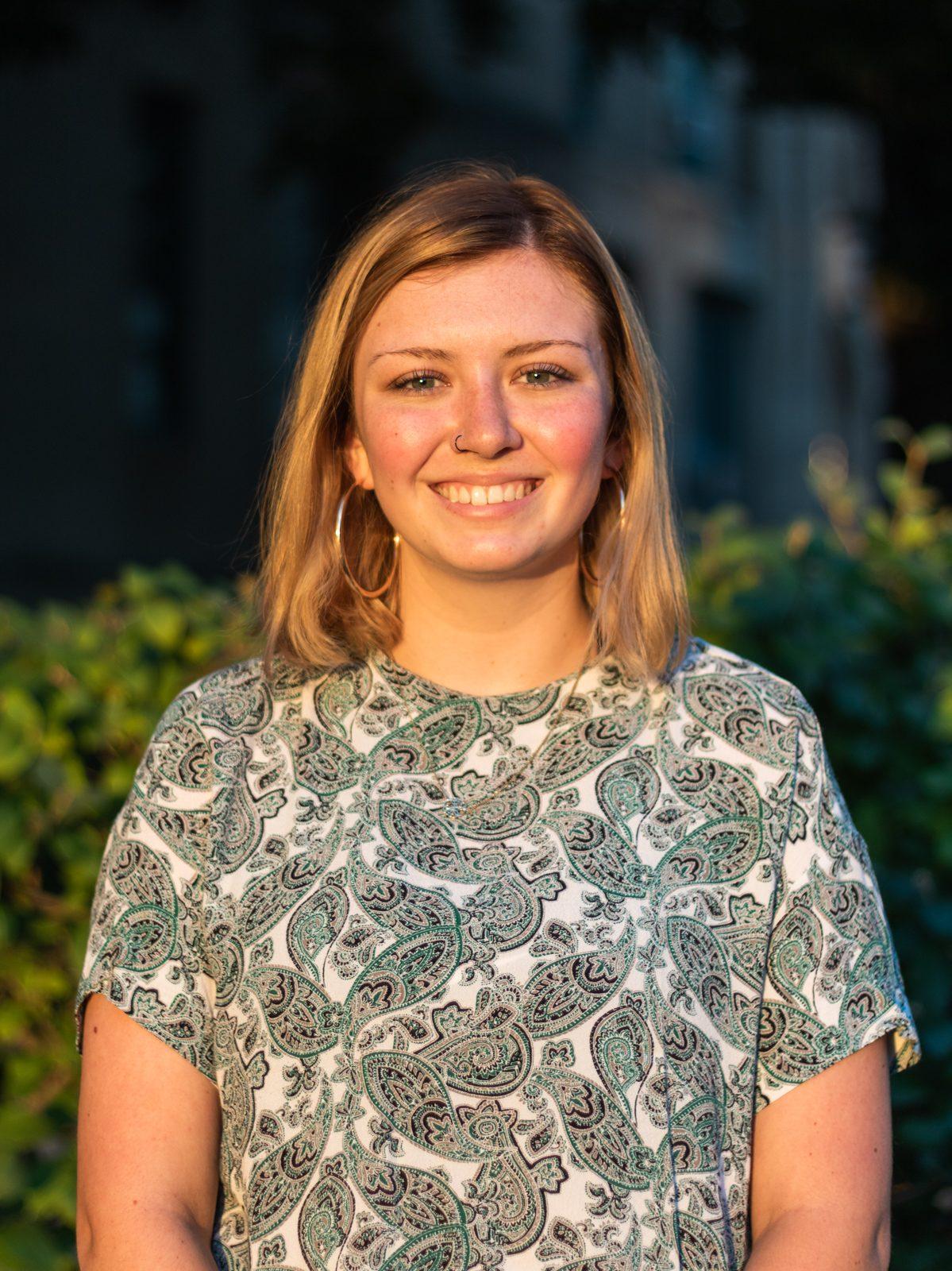The number of children in the Massachusetts foster care system has risen dramatically in the last five years, according to The Boston Globe, and the system is plagued with inefficiencies. There are not enough foster homes for the number of children in need of a place to stay, the Globe found, and social workers can only do so much with the little resources the state provides.
Even those foster homes with space for new children are left in the dark about important details such as medical history, according to the Globe, which helps alleviate the transition for foster parents and children alike.
Many children in the system aren’t able or willing to share intimate details with their foster parents, the Globe stated, and some have said the state provides inadequate professional help for the emotional trauma many of the children are up against.
Foster parents train for 30 hours before taking any children in, according to the Globe, but many have said they do not receive the tools needed to deal with the complex problems foster children face — such as opioid exposure or the loss of a family member.
The Globe concluded many families are pulling out of the system because they feel the state hasn’t provided them with the resources they need to adequately care for these children.
The National Court Appointed Special Advocate — CASA — Association provides volunteer advocates to underprivileged children and assists the children in court proceedings and the foster care process, according to their website. More importantly, these advocates ensure that the well-being of the child is prioritized.
These advocates can take it into their own hands to seek medical records and useful information that future guardians would need to provide the child with the best life possible.
The Massachusetts foster care system, whether through a partnership with outside organizations or the establishment of its own program, should do more to provide services like the one-on-one support that CASA provides.
There are simply not enough social workers to give each of the thousands of kids in the system the attention they deserve. A program that allows volunteers to partner with even one child could close the gap between neglect and a loving, permanent home.
The crippled foster care system disproportionately affects low-income communities, according to the Globe, often taking in children who have lost parents to opioid addiction and overdose.
Because the outsourcing of psychological treatment has proven nearly impossible for foster families who are told there is a six-month wait for a therapist, according to the Globe, many have turned to training themselves to help children face and heal from their trauma.
UMass Memorial Medical Center helps provide this knowledge through a trauma coaching program, the Globe stated, but the program has only impacted “several dozen families.”
This program is another example of the type of initiative that should be expanded in Massachusetts. More programs like this one at UMass Memorial would be vital to helping more families better provide for more children. This is, after all, the issue at the heart of the foster system’s greatest challenges.
The state’s shortcomings are detrimental to the wellbeing of thousands of kids, and Beacon Hill must do a better job supporting the people willing to help out. A child’s future should never be determined by their parents’ mistakes, much less the state’s inaction.
























































































































